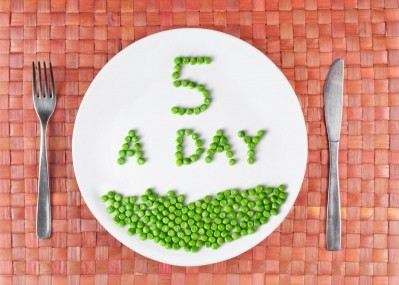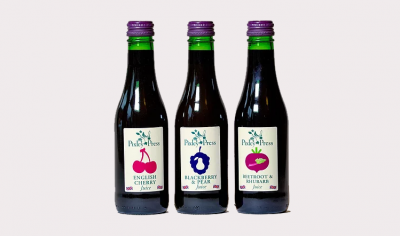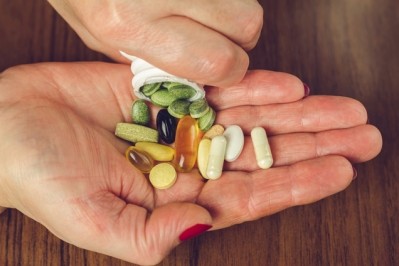Supermarket review after fruit juice backlash

The supermarket told Food Manufacture that it was “looking into” how to make the ingredients of two new Super Water Protein juices clearer for customers, following a consumer backlash sparked by a tweet by blogger Vegan4Eva.
In the tweet, Vegan4Eva posted two pictures of the product, and asked M&S, “why on earth is there beef collagen in these fruit juices?!”. So far, it has received 360 likes and has been retweeted 160 times.
Responding to the tweet, one person said: “Now, I’m not a vegan, but even I wouldn’t drink a gravy-infused fruit juice”.
Another posted: “Good grief why does fruit juice need a meat product? I guess as a vegan you would check pretty much all labels, but for a fruit juice ...would you normally? I don’t think I would.”
Dear @marksandspencer, why on earth is there beef collagen in these fruit juices?! #gross#goveganpic.twitter.com/Tk6Ivi2sKL
— Vegan4Eva (@Vegan4EvaBlog) April 12, 2019
Two new Super Waters
The two new Super Waters, Watermelon Juice with a Hint of Lime and Orange & Passionfruit Juices, both state ‘with 20g collagen’ on the front of pack.
A M&S spokeswoman said: “There’s growing demand for protein-based drinks that offer added vitamins and benefits. In response, we’ve launched two new Super Waters containing a natural source of collagen, which is a widely used ingredient.
“The drinks are clearly labelled with their ingredients on-pack. However, we are looking into how we can make this clearer for our vegan and vegetarian customers.”
Hydrolysed beef collagen was most likely used to aid the fruit juice’s stability and/or amino acid composition, claimed Professor Julian Cooper, chair of the scientific committee at the Institute of Food Science & Technology (IFST).
“The alternatives to animal proteins are those derived from plant sources – for example, soya, almond, oat and pea,” said Cooper, who runs 342 Consulting. “These proteins are not water-soluble over a wide pH range and the plant milks contain buffering salts to prevent precipitation and coagulation.”
Lack of solubility
The lack of solubility was most notable when plant milks were used in coffee and it was a well-known effect of clumping “that does not look attractive”, Cooper explained.
“Animal proteins are more stable and do not precipitate until you get to higher or lower pH,” he added.
“In fruit juice drinks, the pH is relatively acidic and the animal proteins remain in solution. Under these conditions, it is highly likely that plant-based proteins would precipitate out.
“In fact, the animal proteins are usually extracted using acid or alkaline conditions – gelatine is essentially extracted hydrolysed collagen from animal sources.
“As M&S have labelled the product and included a comprehensive ingredient declaration, they have complied with all the regulations.”















